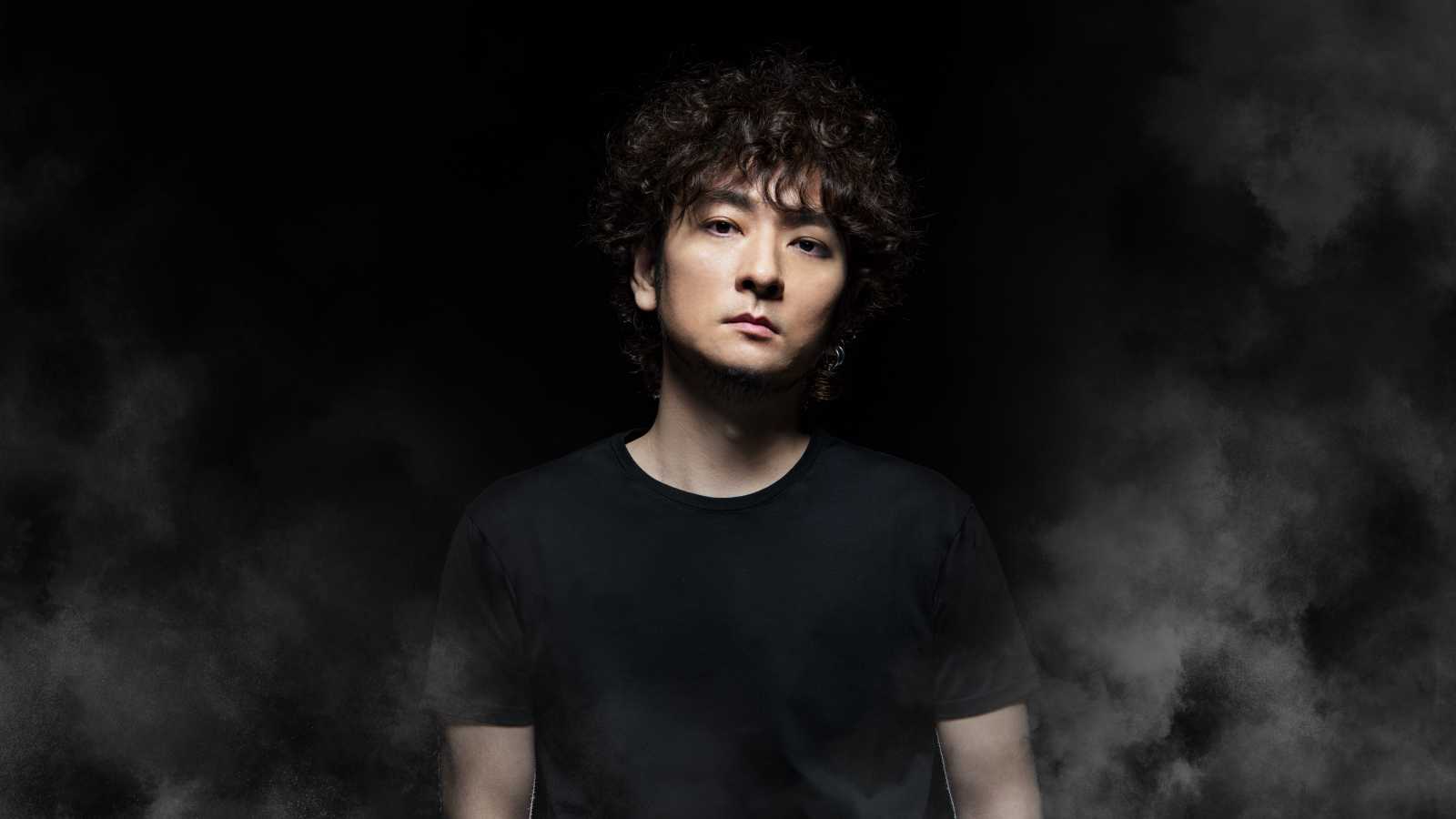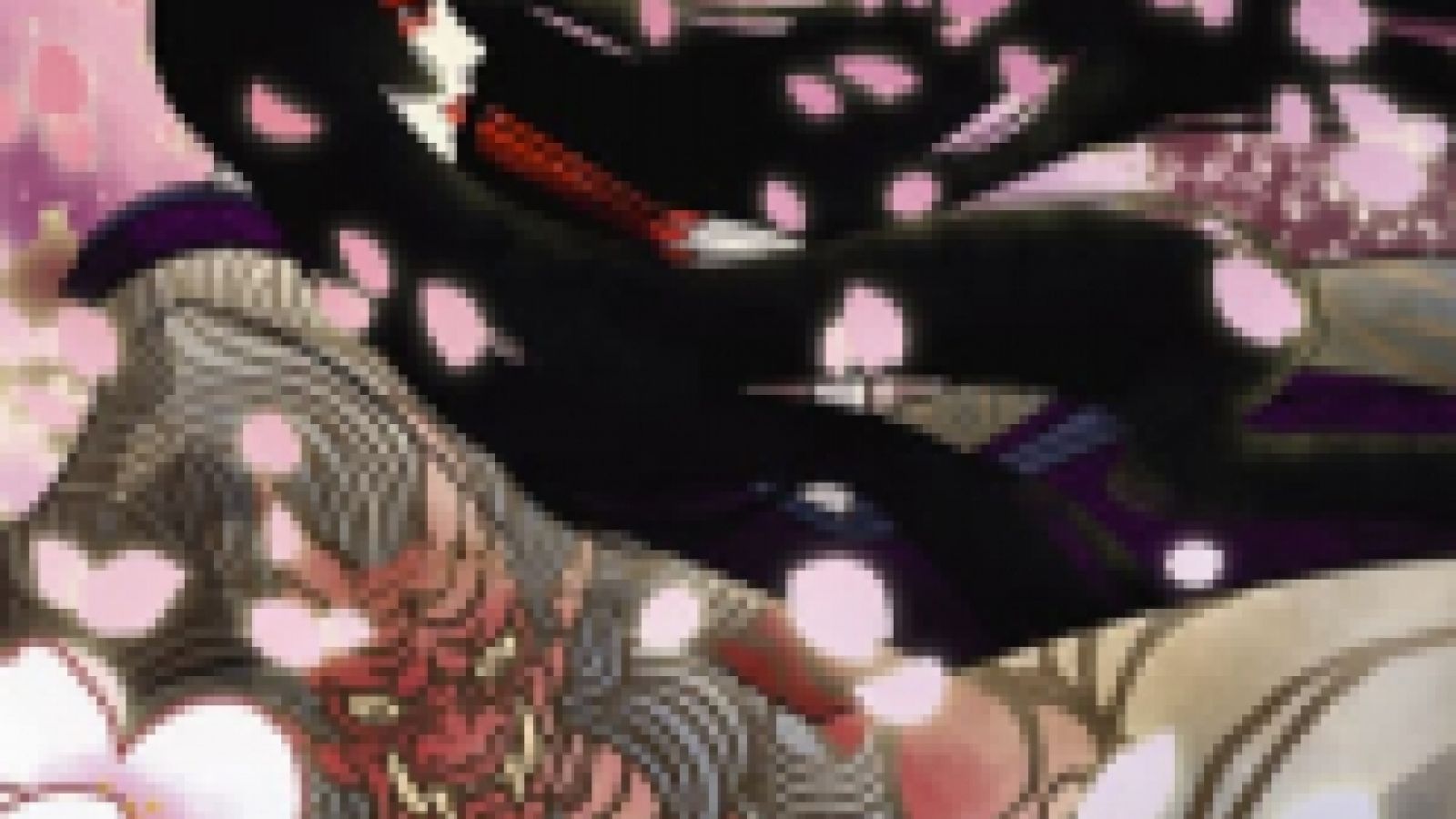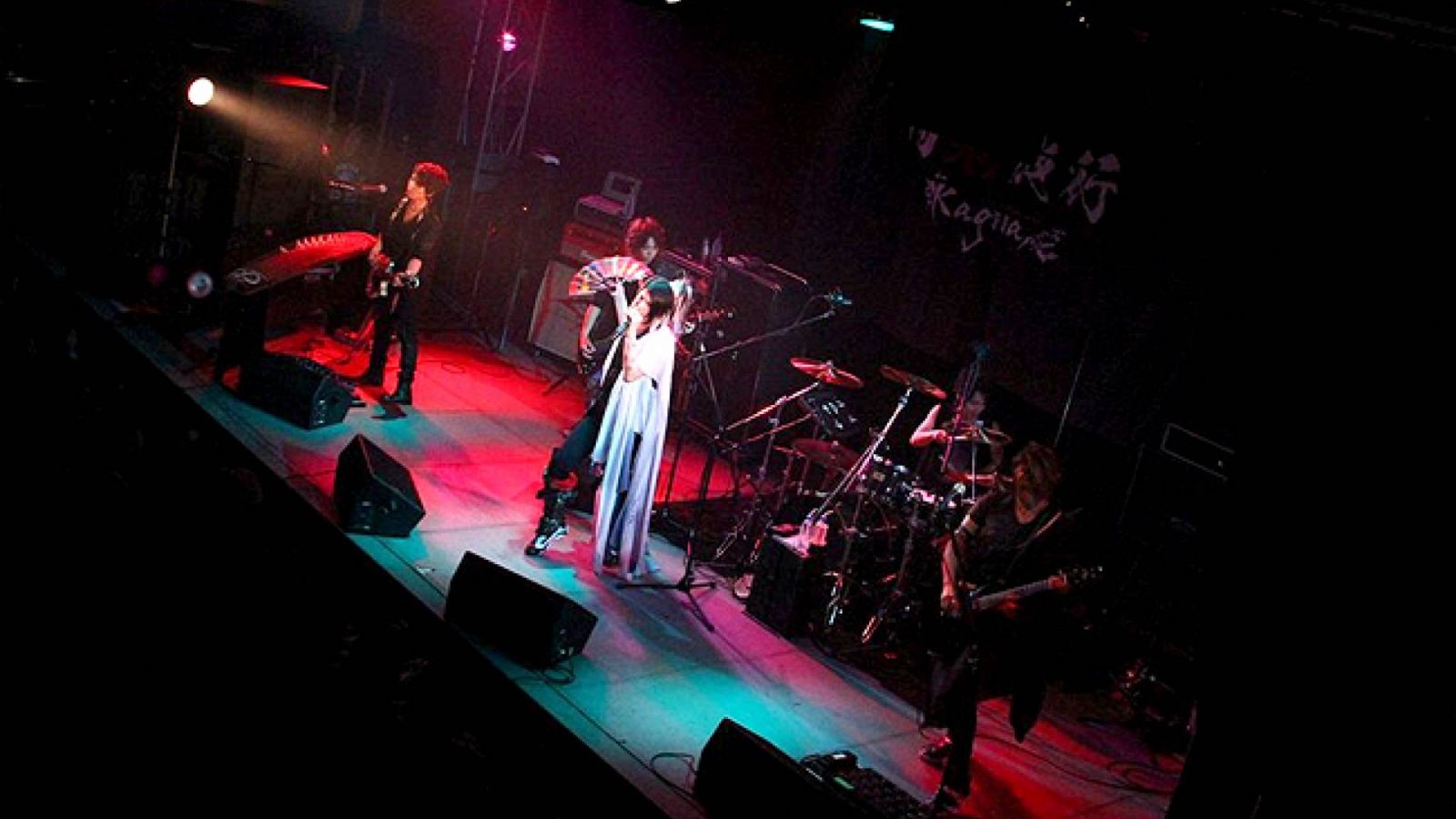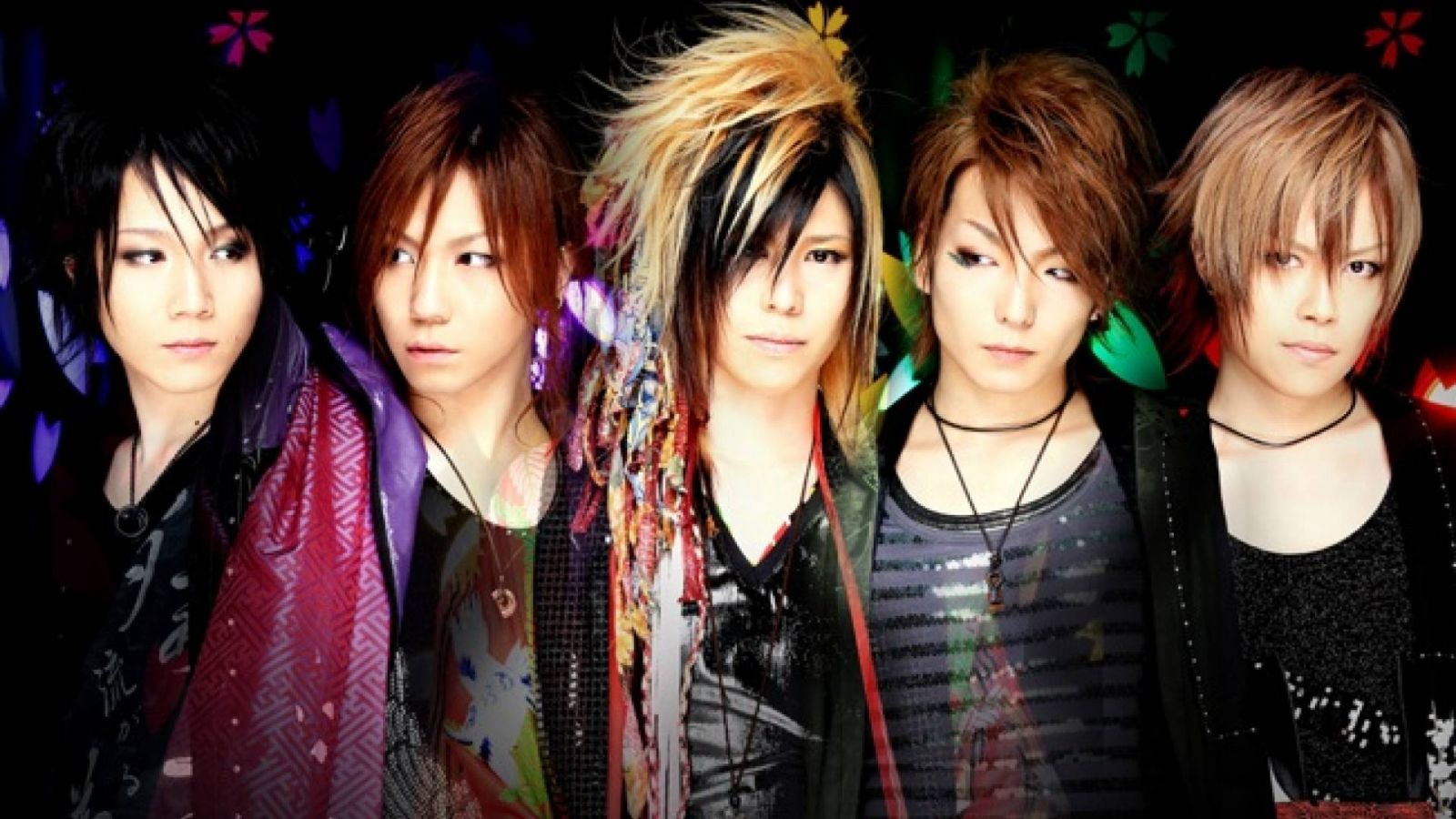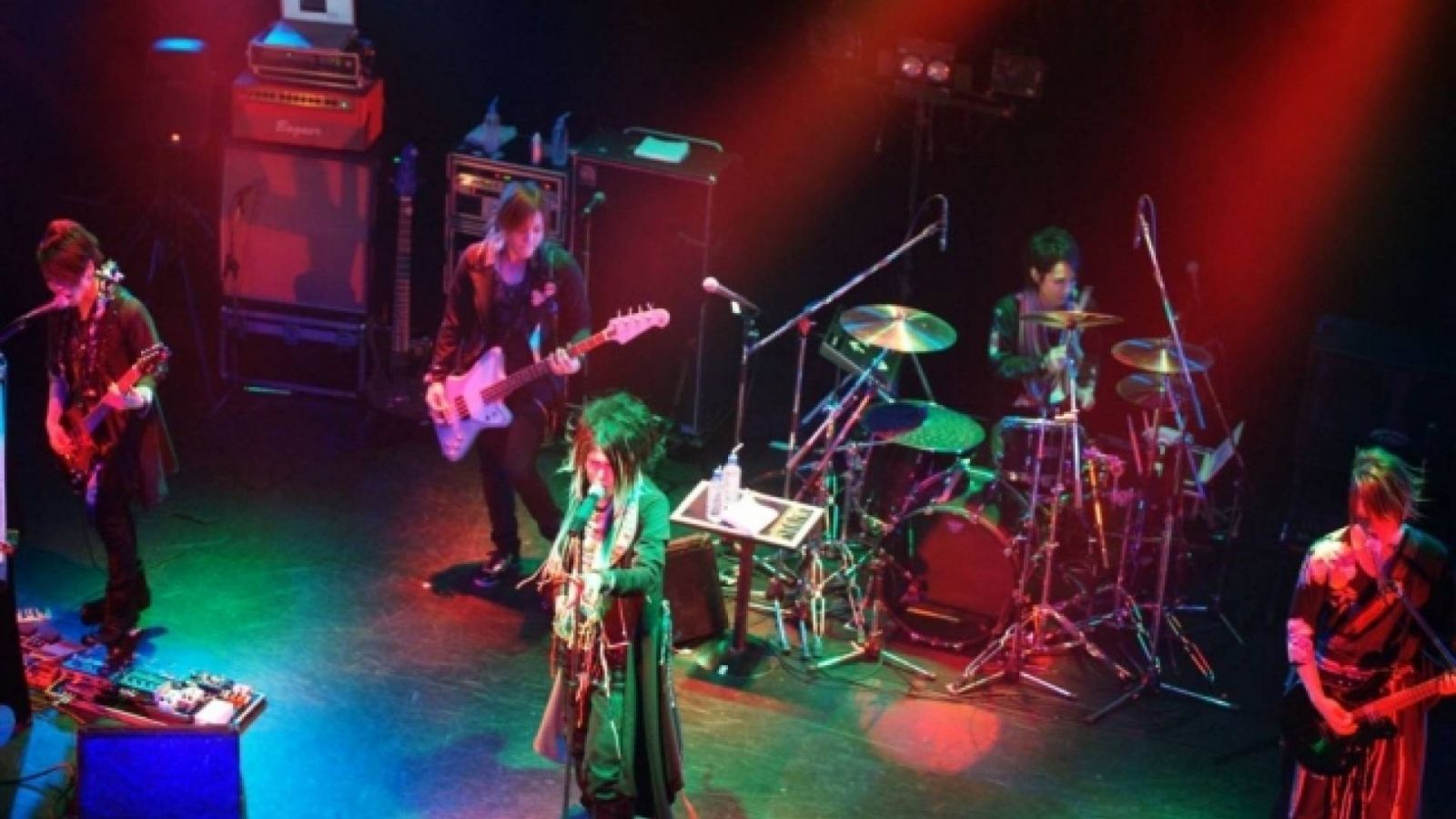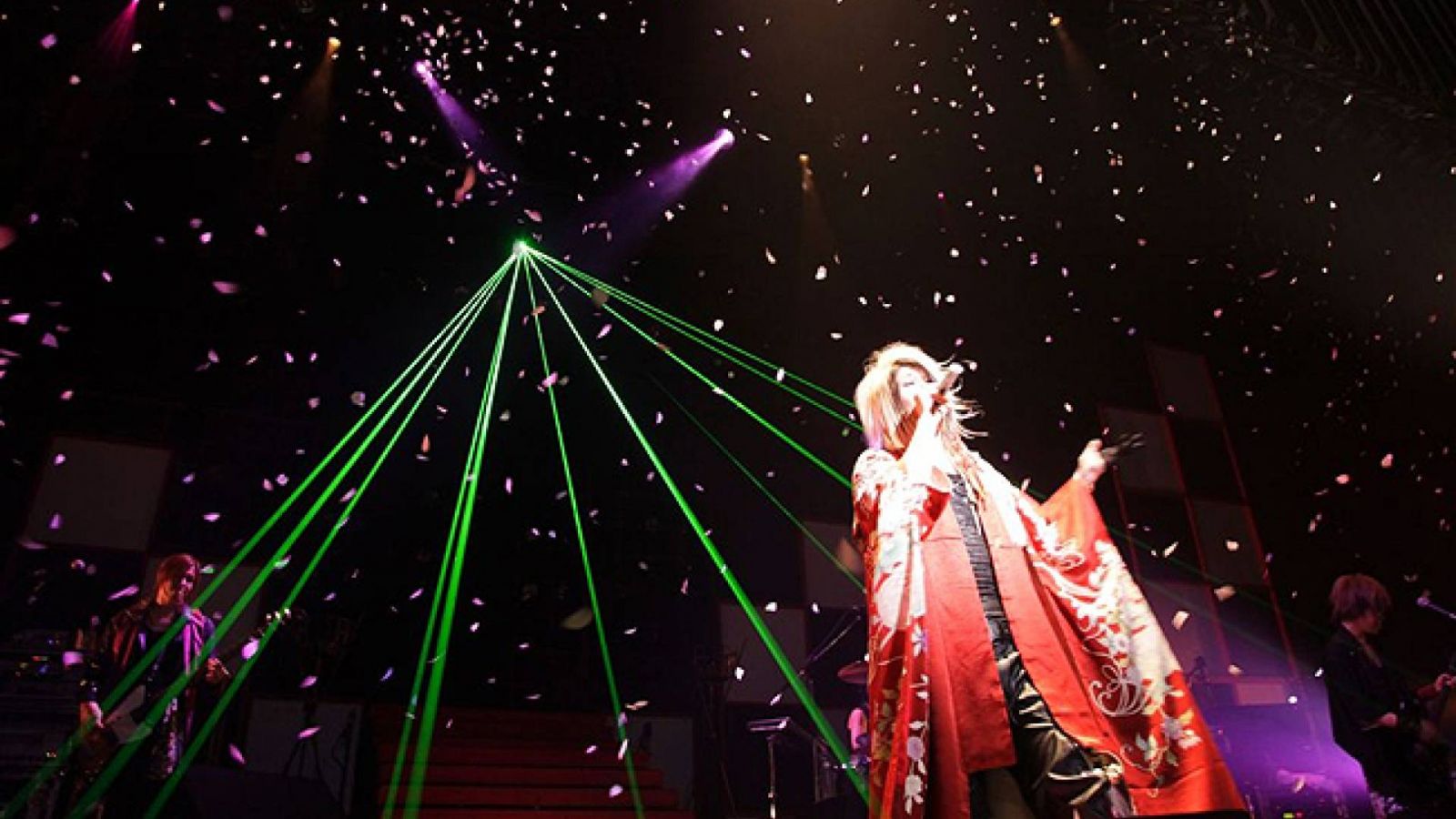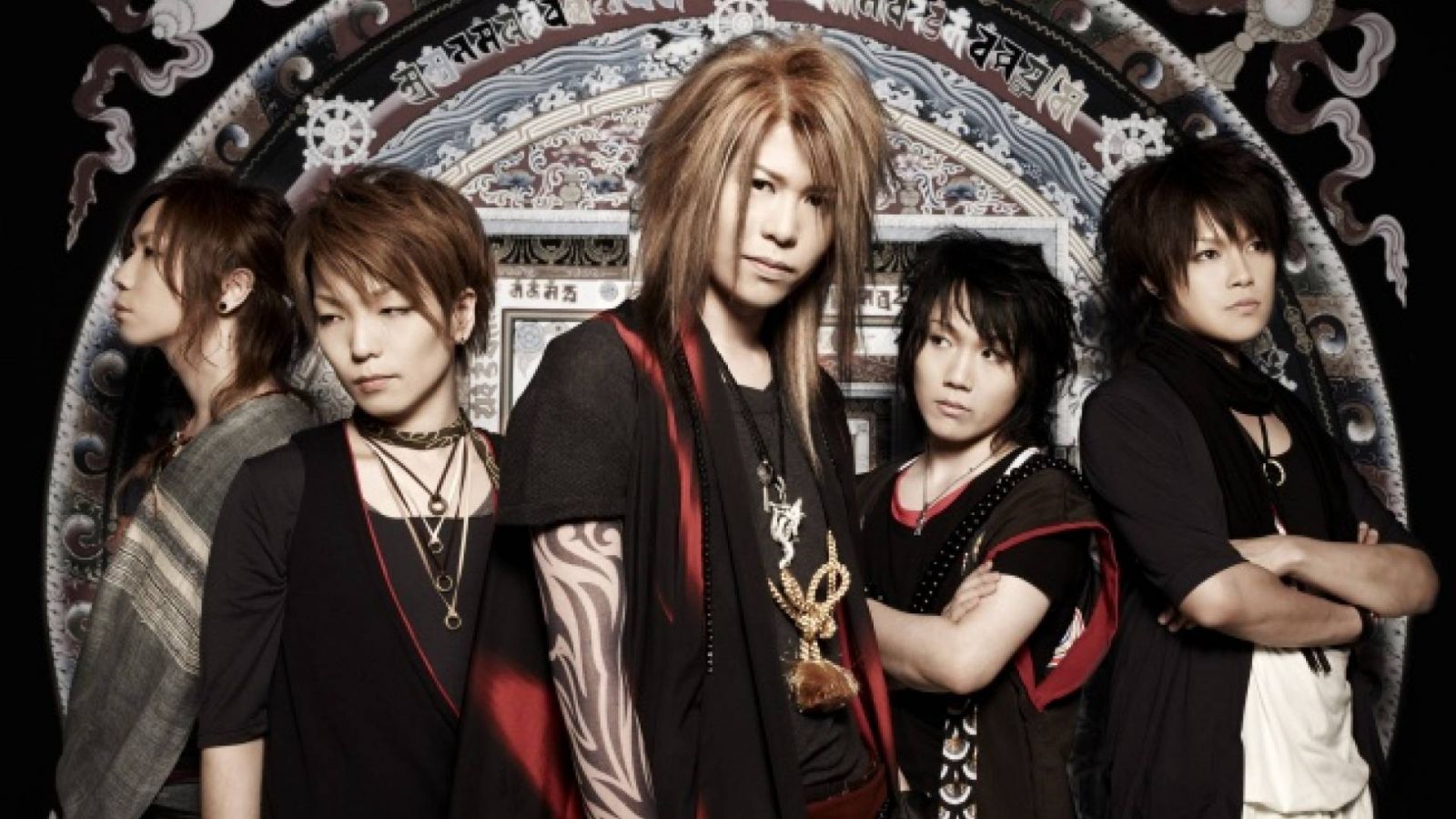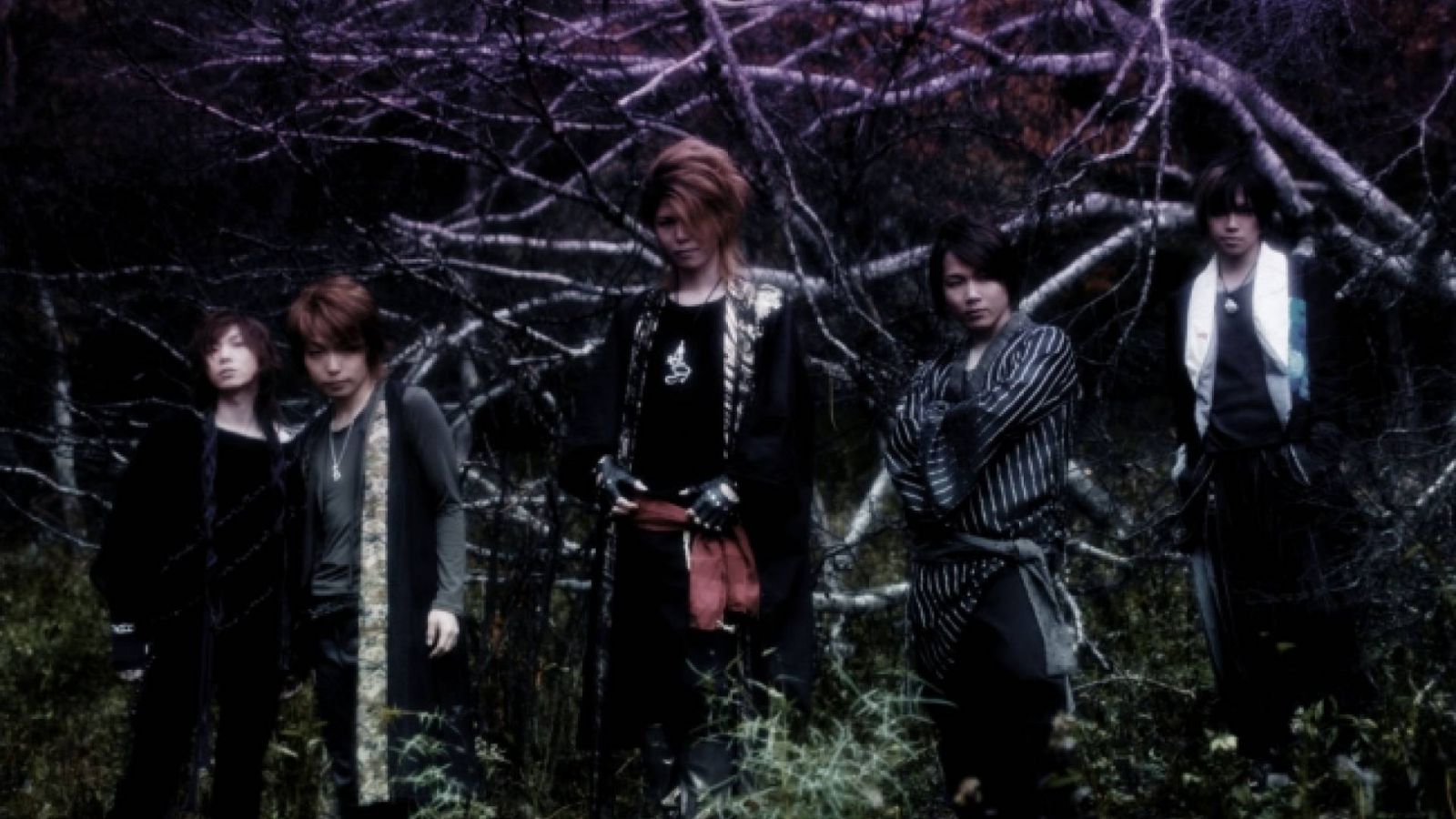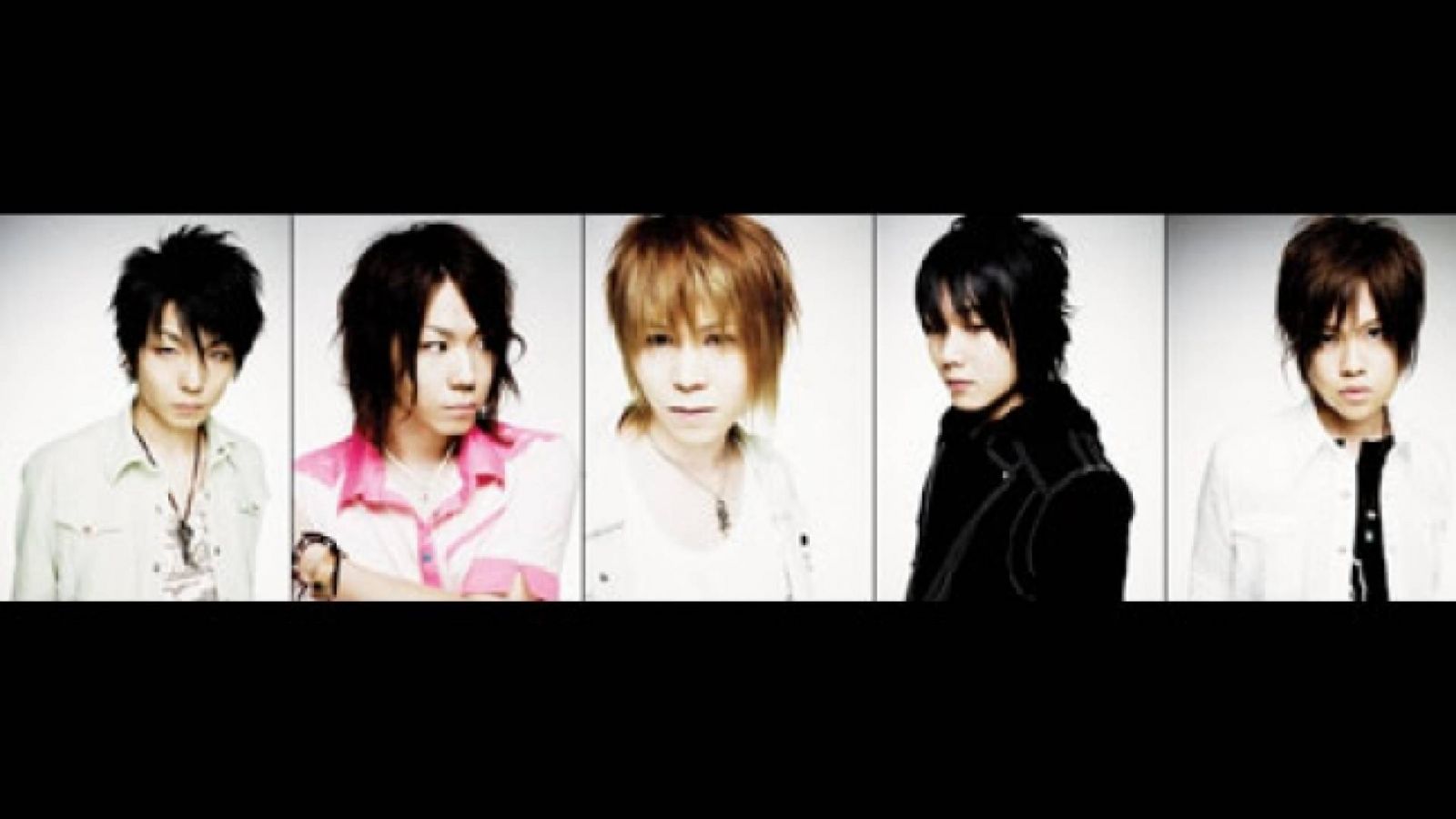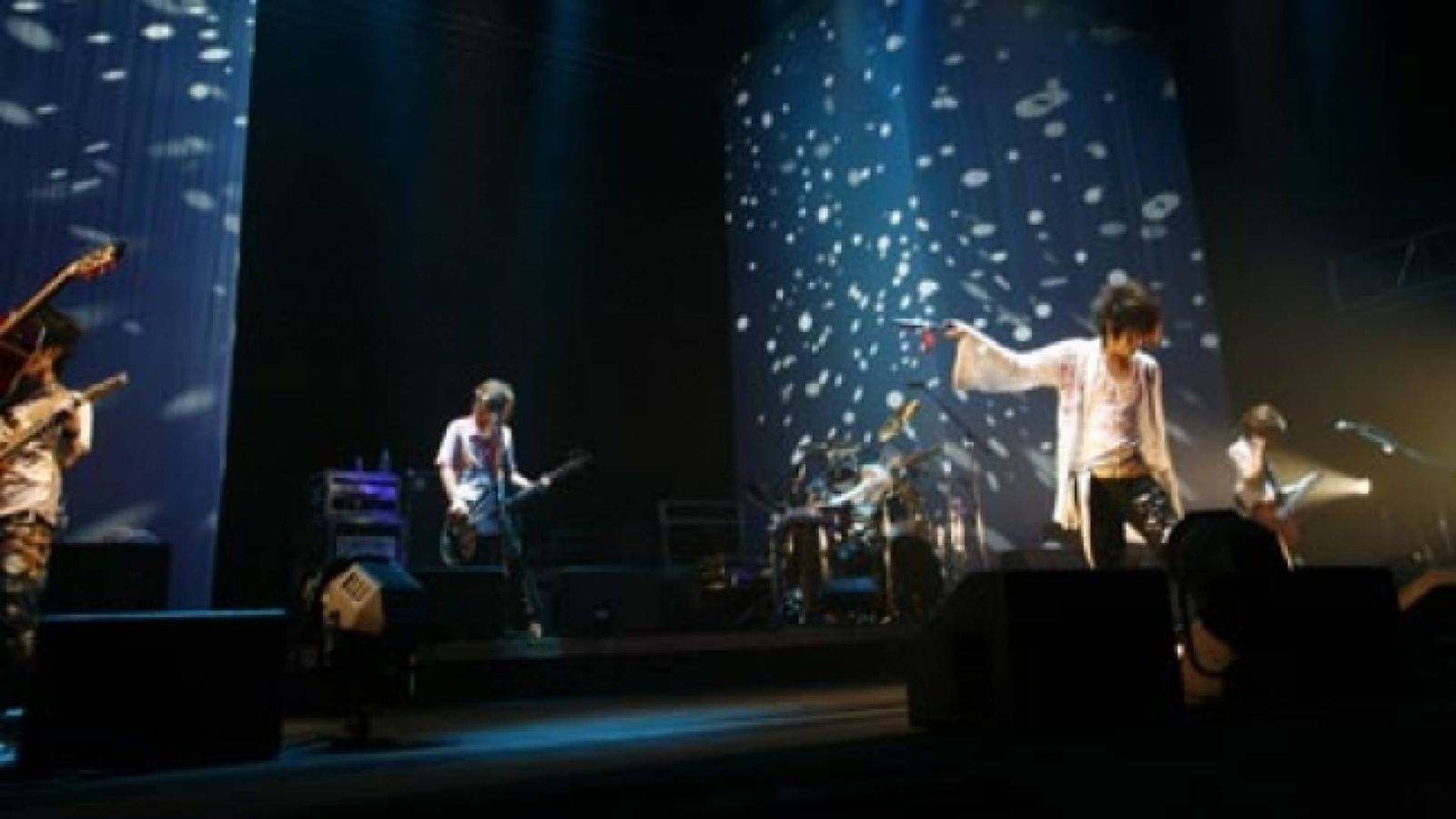Listen to the core of Kagrra,.
When trying to describe Kagrra, the most common term applied to the band is that they are "Neo-Japanese." For those who are unfamiliar with the phrase "Neo-Japanese," it means the modification of traditional Japanese culture to adapt to modern times: think of a samurai with a lightsaber, or a geisha wearing sneakers. If you want to know what "Neo-Japan" sounds like, then listen to the band’s 2008 release, Core.
The album opens with the entrancing epic, Irodori no Sanka. Reminiscent of their previous album Shizuku, it’s a graceful composition that combines a symphony of strings with guitar, and it resonates with listeners. The next song, Ujou, also contains traces of Shizuku's style with its funky and cool jazz tunes. After that, the tone changes once more with the soft, flowery pop melody Shigatsu tsuitachi. This single is so different from the typical Kagrra, sound that it causes one to do a double take. The dainty rhythm will get listeners swaying, and the dance pop synths radiate a dreamy energy. Listeners who prefer defining guitar work and drum pounding will likely skip this song to GUILTY, where one can find solace in a rock ballad void of any cheerful synthesizer sounds.
Kagrra, pushes the experimental limits with Sai. Its jaunty melody and brisk strings work in collaboration with rock riffs. Nao's bass talents are highlighted as Sai contrasts traditional sounds with modern, as opposed to Irodori no Sanka, which tries to fuse the harmonies together seamlessly.
With the varying tweaked tunes in the first half of the album, the remaining songs seem a little dull in comparison - but don’t loose interest just yet. Kamikaze is one of the more riveting remaining tracks. The beat and vocals of the song are filled with immense feeling; it demands your attention and gets it. Shin・Hyakkiyakou is the final song on Core. If it seems familiar, that’s because it was originally titled Hyakki yakou and is from their first demo tape, Hyakuyae, in 1999. The restructuring of this particular song showcases how much the band has changed and evolved in sound over the years.
For listeners who are not fluent in Japanese, the most easily overlooked yet crucial aspect of Kagrra, is the lyrics. One of the most significant characteristics of Kagrra, is their ability to make music that emits a range of emotions and package those feelings neatly in each individual song; however, it’s the lyrics that complete the music. The band’s singer and lyricist, Isshi, harbors immense passion for the horror fables, folklore and religious imagery that embellish his own writings. An example of Isshi’s work, from Irodori no Sanka, are the lyrics “the sky shines in azure, the land praises the glowing prayers.” According to Isshi, the first track has the most meaningful message and is dedicated to world peace. The line “building a bridge towards the future by abandoning the past” is from Kamikaze, a word which means 'divine wind' and refers to Japan’s role in World War II, just as the lyrics do. These are not typical filler pop lyrics but words written as poetry that reflect on current times and issues in a classic style: it’s "Neo-Japanese."
The fans who have kept up with the band since their early days may balk because this is the first time Kagrra, has used English for the title of an album. However, they should be informed that this album draws upon some elements of the band's original sound, though it also makes some revisions. Core is also more whimsical than any of the band's previous works. At times, it’s a struggle to figure out what direction Kagrra, is trying to take with this album. Even lyricist Isshi seemed to have trouble make up his mind, writing about love under cherry blossoms in one song and singing about old wars on the next. Despite this, Kagrra, keeps their work fresh by combining catchy guitar licks with alluring string and synthesizer arrangements.
It’s difficult to give a final grade or even a simple pass or fail to this album. Unlike other albums, Core seemed to have been placed quietly on shelves with no singles released before its debut. In the end, only listeners can make the final call, but Core deserves to be listened to all the way through at least once before the listener passes judgment.
![HYDE [INSIDE] LIVE 2024 -EXTRA- at Makuhari Messe](https://www.jame-world.com/media/image/2024-11/_16-9_14951.jpg)

